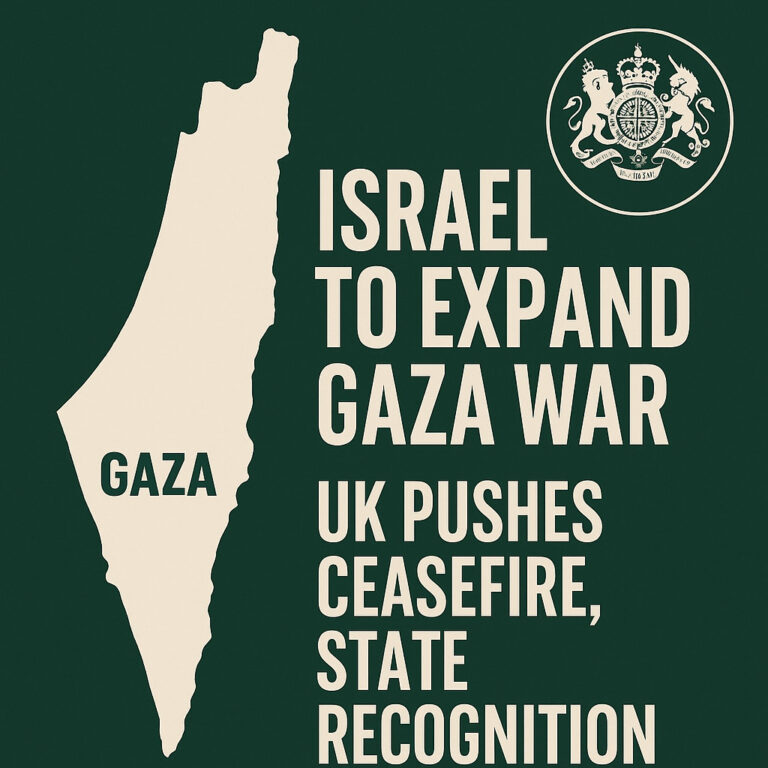Brazil Enforces 12-Month Draft as Neighbouring Nations Weigh Military Service
Brazil’s male citizens are now required to complete mandatory military service for 12 months, as stated under longstanding legislation from 1964. While exemptions and alternatives mean not all are called up, the policy remains legally in force amid a broader South American conversation on defence and draft systems.
🇧🇷 Brazil’s Longstanding Conscription Framework
Under the 1964 Military Service Act, all Brazilian men turning 18 must register with the armed forces. Annual conscription is typically for 10–12 months, with service continuing until age 45; volunteers as young as 17 may also join .
In practice, many young men are exempted or fulfill civilian duties, leaving the system largely symbolic. However, registration is mandatory, and a completed service certificate (“Certificado de Reservista”) remains essential for obtaining federal employment or a passport .
📋 Exemptions and Real-world Enforcement
Although the law applies to all eligible males, bureaucratic exemptions are common. Students, university-goers, and those in specific professions frequently receive deferrals. Yet, failure to register can lead to penalty: inability to apply for public sector jobs, open bank accounts, or travel internationally.
In emergencies—such as wartime—mobilisation is legally authorised. But in peacetime, conscription is rarely enforced aggressively beyond registration and paperwork.
🌍 Regional Conscription Comparison
Argentina abolished mandatory service in 1994 after a fatal hazing incident called “El Carrasco” highlighted conscription’s darker side. A voluntary civic service scheme introduced in 2019 now offers alternatives .
Colombia, meanwhile, maintains conscription for men aged 18–24. However, draft evasion is widespread, especially among wealthy students who obtain deferments or buy military ID cards. Poorer recruits often simply evade the draft, at the risk of being rounded up later .
Cuba also continues compulsory service from age 17, integrated into its education system as part of the defence of its socialist homeland .
⚖️ Social and Political Implications
The aftermath of conscription in South America has left mixed legacies:
In Argentina, the draft fostered social cohesion in the early 20th century but ended in the 1990s following widespread abuse scandals .
In Brazil, critics argue the service becomes a bureaucratic formality, masking real issues like youth unemployment and education. But others see it as a valuable entry point into skills and discipline.
Colombia faces growing debate on whether conscription unfairly targets vulnerable youth, prompting calls for alternatives like environmental service, civic education, or apprenticeship programs.
🔮 What’s Next?
Brazilian officials have made no moves to reinstate more active enforcement or introduce large-scale call-ups. However, recent political shifts in neighbouring countries (e.g., Argentina’s past proposals, Colombia’s draft opt-out movements) may reshape how regional powers view compulsory service.
Despite low public awareness, the institutional framework remains intact. If national security needs rise—through internal unrest or regional tensions—Brazil’s draft law provides immediate mobilisation capacity.





